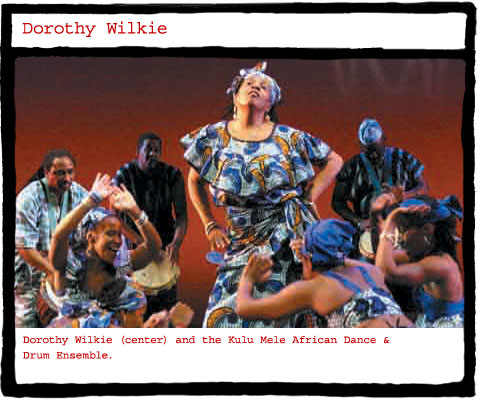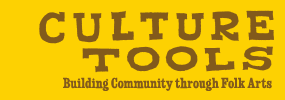Here are some things to think about:
Who is in your own gallery of valued cultural treasures?
From who have you learned? (And what?)
What do you value and want to pass on?
Where have you taken a stand?
Questions to ask:
- Can you tell us about where and how you grew up?
- How did you became an artist or activist?
- What are the most important things you have learned in your life?
- What were some of the challenges you have faced?
- What words of wisdom, or important lessons, do you want to pass on?
- Who were your most important teachers or influences?
- When did you take a stand?
- Tell us the story of a song, story, dance or event/time that you will never forget, or that is important to you.
Artists, Activists, & Elders

Born: North Philadelphia
Known for: Being “a torch-bearer for African dance and culture;” decades of study and performance of African dance; years of study with William Powell, Baba Crowder and Saudah Amin, M’bemba Bangoura, Marie Basse, Enriqué Adamo Admiral and many others; travel to Guinea, Cuba and Brazil to study African diasporan dance; Artistic Director of Kulu Mele African Dance and Drum Ensemble; honored by prestigious grants including a Pew Fellowship in the Arts in choreography and grants from Leeway Foundation and the Pennsylvania Council on the Arts.
Favorite culture tool: Dance
For more information, please check out the Philadelphia Folklore Project website and the Kulu Mele site.
John Wilkie
Born: North Philadelphia
Known for: Playing conga drums since the 1950s; studying with William Powell and Charles Brown (both noted percussionists who were among the first generation of Philadelphians to undertake extensive study of African and African Cuban hand-drum traditions), then with Robert Crowder, Garvan Masseaux, Enriqué Adamo Admiral and a circle of others; musical director of Kulu Mele African Dance and Drum Ensemble; member of Spoken Hand drum ensemble.
